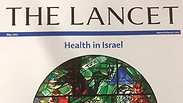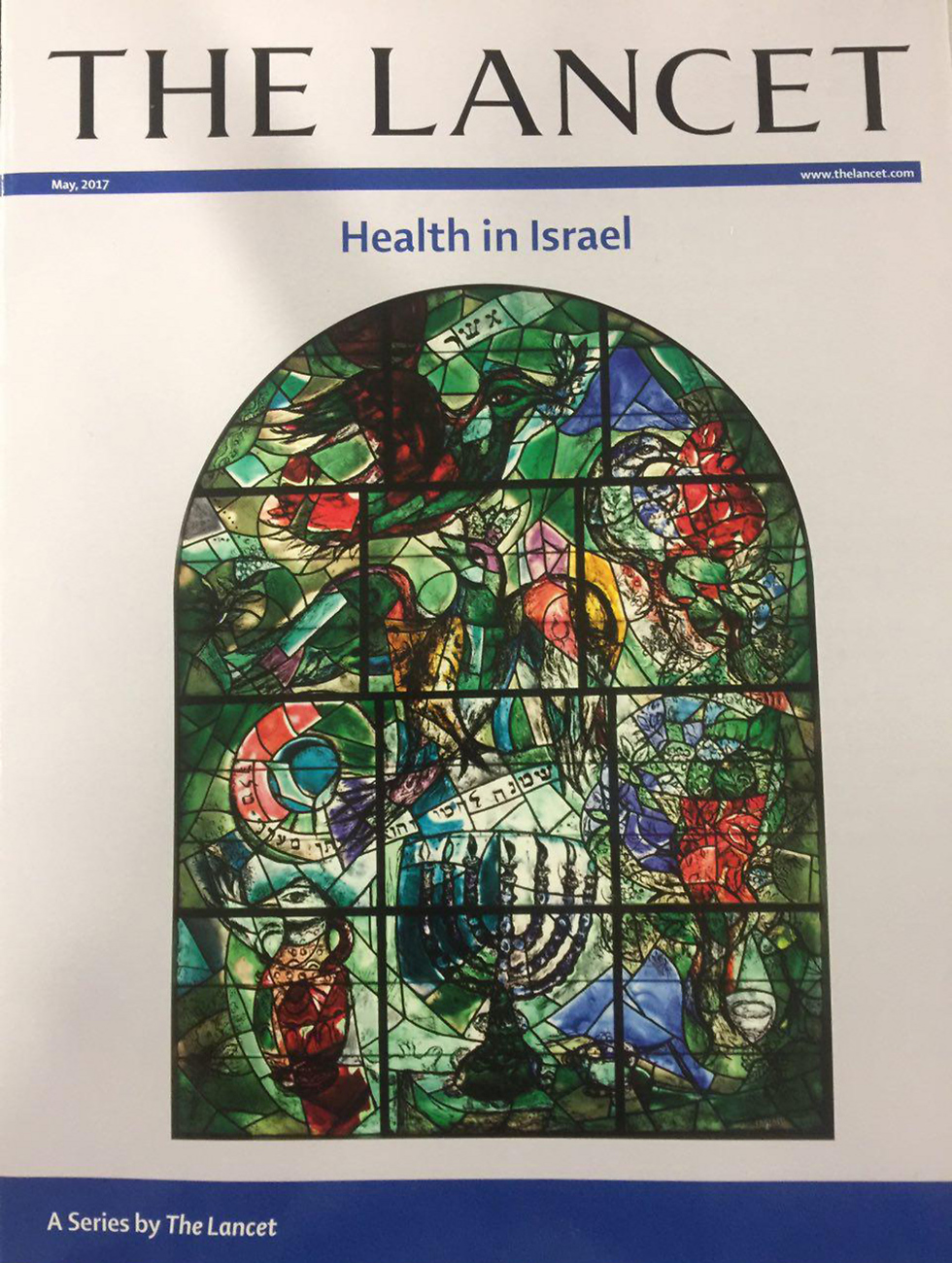
Prestigious health journal publishes edition dedicated to health in Israel
The Lancet and its editor, Prof. Richard Horton, make an about-face and publish a volume dedicated to health in Israel, highlighting its achievements and challenges; Horton known for scathing criticism of Israel during Operation Protective Edge decried as bias.
The Lancet is the same publication that published scathing criticism of Israel during Operation Cast Lead, in the form of a piece called "Open letter for the people of Gaza," by Professor Richard Horton.
The letter was scathing one-sided criticism of Israel, claiming that Israel's policy was a disgrace to the human race, while conspicuously not criticizing Hamas at all. Researchers and doctors from Israel and many countries around the world openly opposed the journal and Horton.
About three years ago, Horton arrived in Israel after being invited by Professor Karl Skorecki, Director of Medical and Research Development at Rambam Hospital in Haifa. Horton also met with Prof. Rafael Beyar, Director of Rambam Health Care Campus and Prof. Mark Clarfield of Ben-Gurion University.
During the visit, a decision was made to dedicate a special issue to the Israeli healthcare system, which was published worldwide Monday. While still in Israel, Horton said that he "deeply, deeply regrets" his attacks on Israel.
The special issue of the Lancet is composed of three main sections: Ben-Gurion University, the Israel National Institute for Health Policy Research, and Rambam Hospital. The issue included a series of ten articles written by Israeli doctors and researchers on a variety of aspects in the Israeli health system.
"We wanted to turn the unfortunate episode into a constructive and positive lever that will lead to recognition of Israel's advantages for global health," Horton wrote in the concluding article of the issue.
"We hope that this special issue will not only improve health and equality in health within Israel, but between Israel and its neighbors, which will also serve as a platform for greater involvement of Israeli doctors and researchers in global health issues."
In addition to advocating for broader, international efforts of Israeli medical professionals, Horton also assailed the BDS movements efforts, saying, "Boycotting academics and Israeli professionals, as led by the BDS movement, is inefficient and will never be effective in helping shape public and political opinion that will promote a solution, on the contrary, it will harm these goals."
Horton concluded comments made during a press conference in Tel Aviv, saying, "The special issue on Israel will not be a one-time project. It is the beginning of a close partnership."












